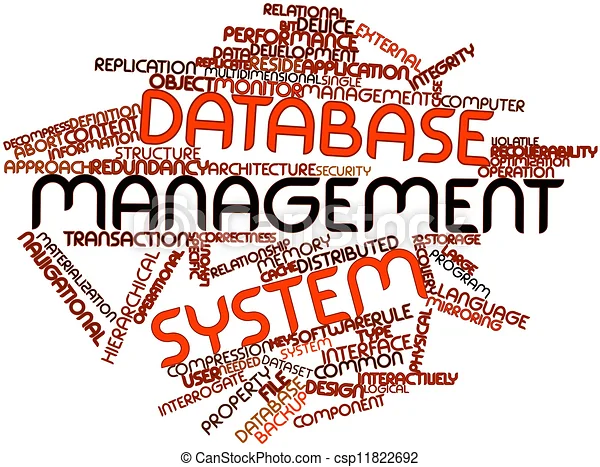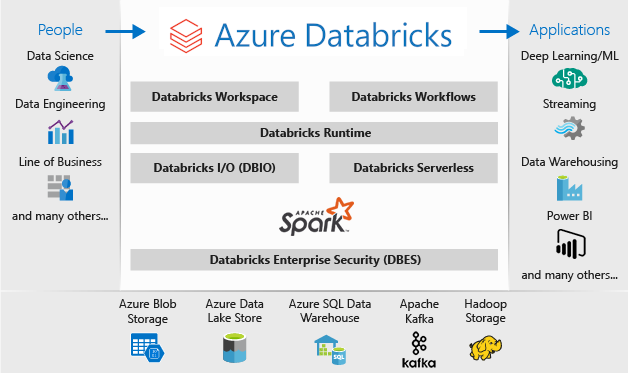Table of Contents
NetSuite and Zoho are two of the most popular cloud-based business management software solutions available in the market today. While both platforms offer a range of features and functionalities that can help businesses streamline their operations, there are significant differences between the two. In this article, we’ll take a closer look at NetSuite vs Zoho and help you decide which one is the best fit for your business needs.
NetSuite: An Overview
NetSuite is a cloud-based business management software solution that provides a range of functionalities including accounting, finance, CRM, inventory management, and e-commerce. It is designed for small to medium-sized businesses and offers a range of features that can help businesses streamline their operations.
One of the key features of NetSuite is its advanced financial management capabilities. The platform offers real-time financial reporting, cash flow management, and multi-currency support. It also includes built-in analytics and reporting tools that can help businesses make data-driven decisions.
Another key feature of NetSuite is its CRM capabilities. The platform includes a range of tools for managing leads, contacts, and sales opportunities. It also offers marketing automation features such as email marketing and leads nurturing.
Zoho: An Overview
Zoho is another cloud-based business management software solution that offers a range of functionalities including CRM, marketing automation, accounting, HR management, and project management. It is designed for small to medium-sized businesses and offers a range of features that can help businesses streamline their operations.
One of the key features of Zoho is its CRM capabilities. The platform includes a range of tools for managing leads, contacts, and sales opportunities. It also offers marketing automation features such as email marketing and lead nurturing.
Another key feature of Zoho is its accounting capabilities. The platform offers a range of tools for managing financial transactions, including invoicing, billing, and expense tracking. It also includes built-in analytics and reporting tools that can help businesses make data-driven decisions.
NetSuite vs Zoho: Key Differences
While both NetSuite and Zoho offer a range of features and functionalities, there are several key differences between the two platforms. Here are some of the key differences to keep in mind when comparing NetSuite vs Zoho:
Target Audience
NetSuite is designed for small to medium-sized businesses that require advanced financial management and e-commerce capabilities. It is often used by companies with complex operations and multiple subsidiaries.
Zoho, on the other hand, is designed for small to medium-sized businesses that require a range of functionalities including CRM, marketing automation, accounting, HR management, and project management.
Pricing
NetSuite is a more expensive platform compared to Zoho. It offers a range of pricing plans that vary depending on the features and functionalities required. The platform also charges an implementation fee and a recurring maintenance fee.
Zoho, on the other hand, offers a range of pricing plans that are more affordable compared to NetSuite. The platform also offers a free plan that includes basic functionalities.
Customization
NetSuite is a highly customizable platform that can be tailored to meet the specific needs of businesses. It offers a range of customization options including custom workflows, fields, and dashboards.
Zoho, on the other hand, offers limited customization options compared to NetSuite. While businesses can customize fields and workflows, the platform is not as flexible as NetSuite.
User Interface
NetSuite has a more complex user interface compared to Zoho. It may take some time for new users to get used to the platform’s layout and navigation.
Zoho, on the other hand, has a more user-friendly interface that is easy to navigate. The platform also offers a mobile app that allows users to access key functionalities on the go.
Also, read StAX API Maven





























